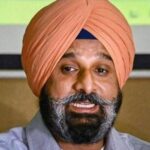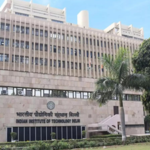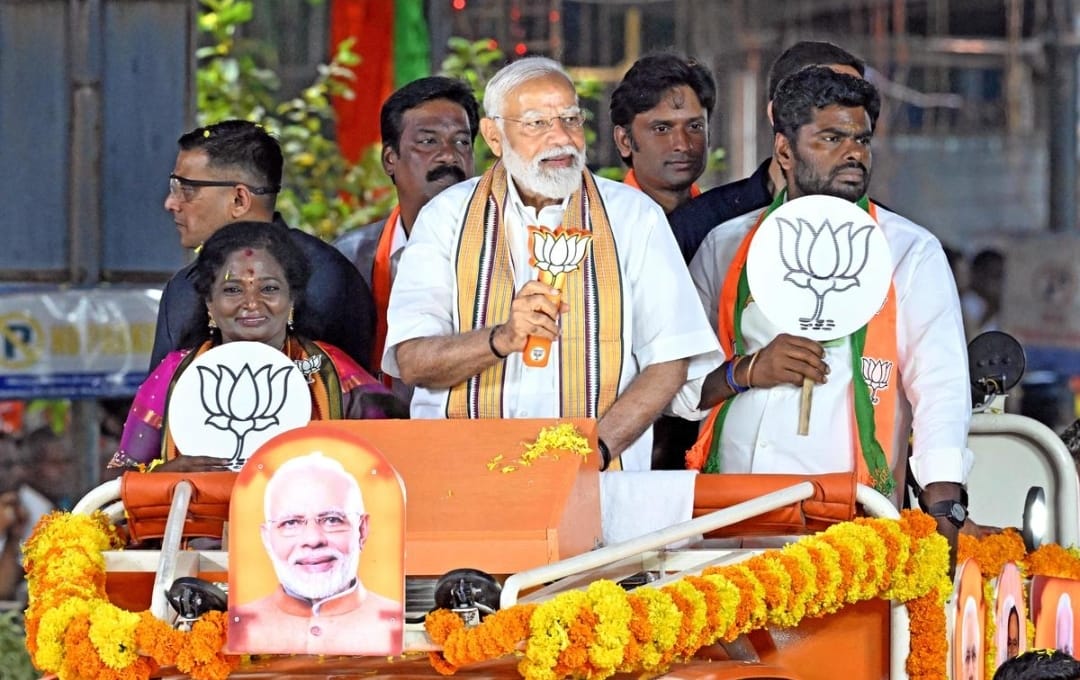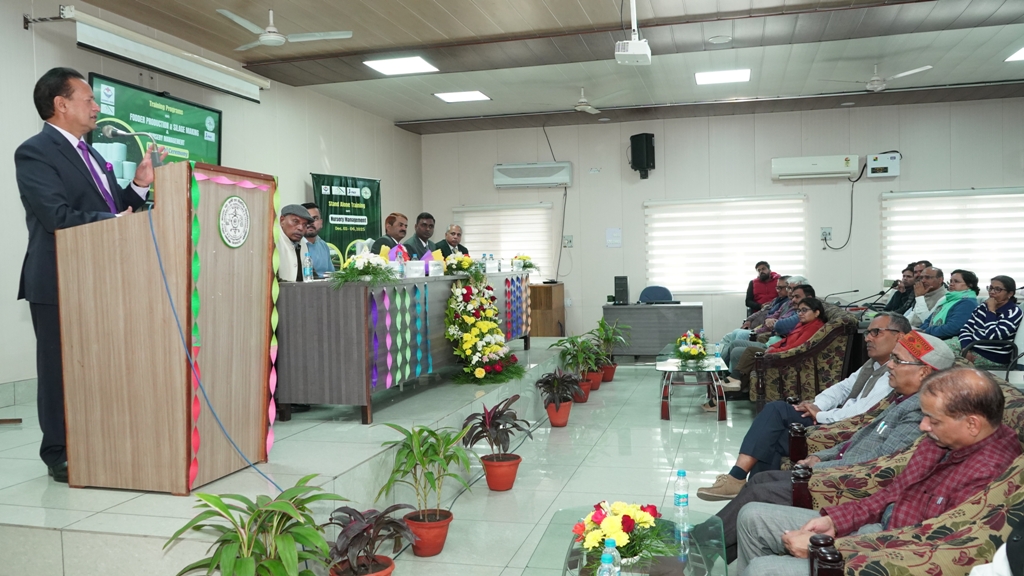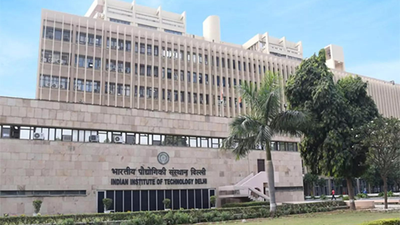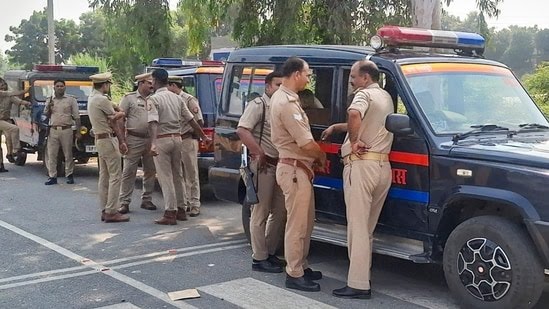Himalaya Harbinger, National Bureau.
Indian election rules clearly state: “No party or candidate shall engage in activities that may exacerbate existing differences, create mutual hatred, or cause tension between different castes and communities, religious or linguistic.” Has anyone conveyed this to Narendra Modi? The Prime Minister has resorted to overtly Islamophobic rhetoric throughout the two-month campaign, depicting India’s 200 million Muslims as an existential threat to the Hindu majority. It is laughable that the body responsible for ensuring free and fair elections issued only a weak call for restraint from “star campaigners.” As election results are expected next week, one commentator observed that Mr. Modi has “put a target on Indian Muslims’ backs, redirecting the anger of poor and marginalized Hindu communities away from crony capitalists and the privileged upper castes.”
Modi’s inflammatory speeches aim to distract an electorate suffering from high inflation and a severe lack of jobs despite rapid economic growth. The Bharatiya Janata Party’s (BJP) political strategy emphasizes threats to Hindu civilization and advocates for a united Hindu nation against Muslims. Additionally, Modi has intertwined Hindu nationalism with the notion that he is divinely appointed. Rahul Gandhi of the Congress party, Modi’s primary opponent, suggested that anyone else making such a claim would be advised to consult a psychiatrist.
Karl Marx once wrote that religion is the opium of the people, a concept that still resonates in regions where organized religion wields considerable influence. This is why figures like Donald Trump also claim to be doing God’s work. In India, impoverished citizens often view politicians as deities who provide relief from their harsh realities. By presenting himself as a divine figure, Modi cultivates a following of devoted voters, promoting the belief that targeting minorities, stifling dissent, and disregarding constitutional protections is a divine mission. The prospect of Modi winning a third term is disheartening. There is little solace in the likelihood that the BJP may not achieve Modi’s ambition of securing nearly three-quarters of the country’s 543 parliamentary seats. Foreign investors are already withdrawing funds from India’s stock market due to the uncertainty surrounding the election results.
A decade ago, Modi pledged to prioritize job creation. Yet, despite India being the world’s fastest-growing major economy, unemployment remains stubbornly high. Four-fifths of the unemployed are young people, and more working-age women are employed as a percentage of the workforce in Nepal and Bangladesh than in India. The benefits of economic growth are disproportionately favoring India’s wealthy, predominantly from the upper castes that support the BJP. Consequently, under Modi, income inequality in India has reached unprecedented levels.
Addressing such disparities is not only a moral obligation but also essential for sustainable economic growth. Human development flourishes in an environment of social cooperation, which is hindered in a society where divisions are actively encouraged. A report by Thomas Piketty’s World Inequality Lab recommended implementing an annual wealth tax and an inheritance tax on the 370,000 Indians earning €1.2 million annually, who currently hold over a quarter of the nation’s wealth. The report advocates using these funds to double the current public spending on education, which has stagnated at 2.9% of GDP over the past 15 years. Rahul Gandhi has commendably focused on reducing inequality during his campaign. However, the challenge for India remains that Modi excels at converting anger and fear into political power.

